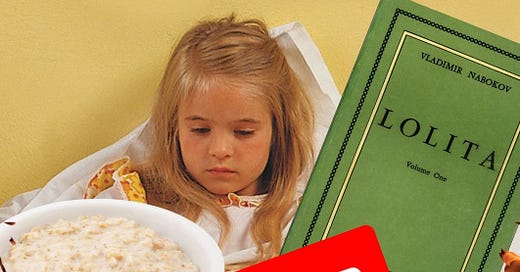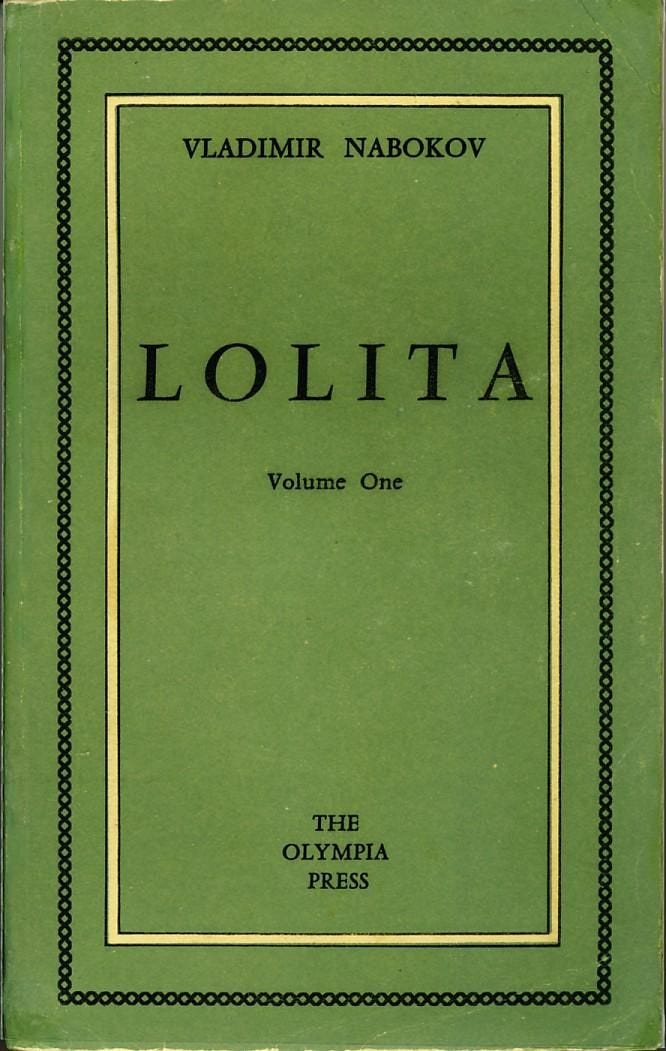I'm a musician who rarely listens to music. A feminist who still likes it when a man pays for my drinks. I don't believe rock stars should get away with being abusive, but I also don't think rock and roll should be sterilized. I love animals but I eat meat. Like most people, I exist in gray areas. But these days, gray has become an unpopular color.
I've written a lot about how I've spent years feeling like I had to package myself and my music into something palatable. Something “brandable.” Flattening yourself into a cohesive identity isn't just a symptom of modern life, it's a survival tactic. Especially in an industry where streaming platforms want to know your genre, your aesthetic, your politics, and your top three "sounds like" references before they even listen to your music.
This pressure isn't limited to music. Online, we're all expected to become easily digestible archetypes: The woke leftist. The clickbait contrarian. The wellness girlie. The patriotic redneck. The rules are simple, don't contradict yourself, don't muddy the algorithm, don't confuse your followers. We say we value transparency, but what we really value is predictability. Audiences crave consistency and, now, moral clarity. Social media rewards content that confirms our existing beliefs, not content that challenges us.
I don’t know when we all got consumed by the need to portray “goodness” but it sure is making everyone seem like performative bores. We know that our online personas are just shells of who we are; yet, we focus so much on how to present these shells. As if all the facets of a person can be summed up in one Instagram profile.
I’m convinced we’re all messy fuckers who don’t really know jack shit. We're all full of contradictions; when we pretend otherwise, we lose what makes us human. And god forbid we admit to being human aka: flawed.
We're living in an era where discomfort is treated like a threat. So, we mute everything we don't want to see, hear, or acknowledge. In the age of curated feeds, tribal loyalty, and moral absolutism, we erase complexity in the name of consensus. But consensus doesn't spark innovation. It doesn't fuel creativity.
Last week, I wrote a Substack piece about reviving the scene by reclaiming a music culture rooted in connection, reciprocity, and authenticity. There's value in finding your people, those who share your values and intentions. That's part of building community. But community doesn't mean uniformity. It shouldn't mean we all think, feel, and vote the same way. We can draw lines for ourselves without expecting everyone else to stand behind them. Furthermore, those lines don't have to be so fine, so rigid, or so quick to form.
I've always believed good art should provoke. It should unsettle. It should make you feel something, even if that something is anger, confusion, or disgust. I'd rather make polarizing music that crawls under your skin than play it safe and fade into a beige blur. Oatmeal is easy to digest, but who wants their music to be oatmeal? Well, I guess many people do, judging by what's popular.
But to me, the most powerful art—whether it's music, literature, or film—is the kind that reflects the human condition. Take Lolita, one of the greatest novels ever written. It forces you to wrestle with it and with yourself. Its masterful storytelling and brilliant prose blur the lines between hero and anti-hero, predator and narrator, love and abuse. A horrific story that couldn't be more beautifully told.
That contradiction is precisely what makes the book so powerful and so important. It doesn't need you to condone anything. It doesn't offer moral clarity. It asks you to sit in the discomfort. To question your reactions. It complicates. It confronts. That is art doing its job.
In today's climate, a book like Lolita couldn't be published. The nuance would be lost to outrage. Its existence would be weaponized to make a moral case against the author, the reader, or both.
Did writing Lolita make Nabokov a pedophile? Of course not. Does seeing Humbert Humbert as human mean I'm a self-hating woman? Also no. But try explaining that to someone who equates literary admiration with moral complicity. I recently made that futile attempt and a flock of nouveau hipsters were quick to dismiss me as "less evolved." One of them proudly cited Patti Smith as her favorite writer. Yes, that Patti Smith, whose arguably best song is Rock and Roll Nigger. The one where she repeatedly shouts the n-word. A track that wouldn't last two seconds today. She's never apologized for it (gasp!), but she still gets a pass. Why? Because we haven't lost the ability to think critically (yet), we just use it selectively. We make room for nuance only when it flatters our self-image and aligns with our curated identities.
We're walking contradictions. That's not a flaw—it's the essence of being human. The more we deny that the more we contort ourselves into unlivable molds. No wonder everyone's anxiety-ridden and exhausted.
We tiptoe around, afraid of being "canceled" for liking the wrong book, quoting the wrong lyric, supporting the wrong person. posting the wrong caption. It's ridiculous. But it's also real.
I wonder, what does that do to art? To the artist?
Most musicians I know are self-censoring themselves into paralysis. Walking on eggshells. Playing it safe. Afraid to write lyrics that can be misconstrued or write songs that don't have hooks within the first 20 seconds.
Side note: rap and hip-hop artists don't seem as stifled. They're still willing to take risks, to offend, to push. They now embody the punk spirit the way rock once did.
The other day, a friend quoted a lyric from a Black Box Recorder song (on the record England Made Me, 1998):
Life is unfair. Kill yourself or get over it.
It's cheeky. It’s dark. Aka: British. And today, it would come pre-wrapped in trigger warnings, three disclaimers, and a pre-written apology. Actually, it probably wouldn't be written at all. The fear of backlash would've snuffed it out at inception.
And what does that say about us as listeners and consumers? Are we really so fragile that we need a disclaimer for every lyric? If so, how are we supposed to survive actual grief? Disappointment? Life?
We've accepted that gender is fluid, sexuality is fluid, identity is fluid. But our beliefs? Oh, well, those have to be fixed. Pure. Unwavering.
Sorry, but that's not how life works. I'm all for a more inclusive, respectful society, but that can't come at the expense of critical thinking or creativity. Change requires discomfort. Growth requires flexibility. Art is meant to stretch us. Stir us. Inspire us.
Art that doesn't move you or challenge you isn't art; it's content. And content is disposable.
c u next tuesday.
XX CARRÉ
PS: did i rub you the wrong way? are you triggered? leave a comment and tell me all about it.






I love so much of this, and highlighted that line about community to come back to! I do think it's worth noting that Lolita wasn't easy for Nabokov to publish back in the 50s, either; every U.S.-based publisher turned him down, so he wound up publishing it in France with a publisher who mostly produced smut. And I don't think we'd even know Lolita exists if Graham Greene hadn't written it up as a best book of 1955, although it still wasn't published in the U.S. until 1958 and repulsed a lot of people when it came out. I think the lesson from Lolita is that if you believe in the risks you're taking, you need to go for it and not get knocked back by the people who are challenged by the risks you're taking -- because there are way more listeners and readers who want to engage with risky material than the gatekeepers will ever admit :) Thanks for a great essay!
Thank you for writing this. This has been one of my biggest struggles as an artist for the past several years, and you really nailed it.